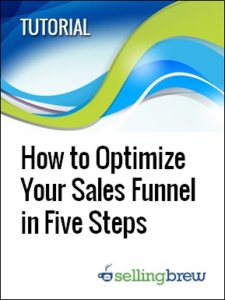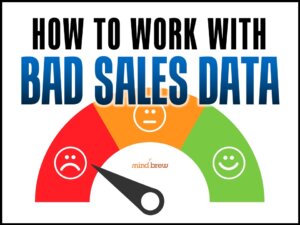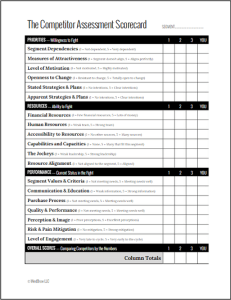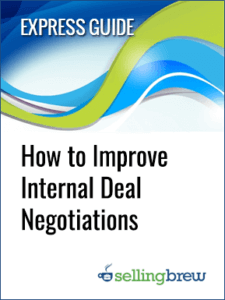If you’ve ever played a video game (and you know you have), you understand the power of a force multiplier. In most games, players can get “power-ups” or “boosts”—special items or treasures that give them speed, strength, stealth, or protection. These force multipliers allow you to do much more or score more points than usual.
There are force multipliers in the real world too. For example, when you use a tool like a hammer or a pulley, it allows you to accomplish much more than you could with your regular strength alone. And the military understands that certain strategy, weapons, or technology like radar or GPS can multiply the abilities of their troops, giving them an advantage in a fight.
It’s almost always a good idea to use a force multiplier when one is available—after all, it will allow you to accomplish more work with less effort. But few organizations take full advantage of the force multipliers that are available to their sales teams. That’s because most of them don’t understand what these force multipliers are.
In order to explain how force multipliers work in the sales process, we’re going to use one of our favorite metaphors: viewing the sales process as an assembly line.
One of my relatives used to work as a French fry tester in a potato processing factory. Every half hour she would pull a bag of fries off the line, cook them up, eat some, and conduct some other tests to assess the quality of the product. (Yes, this was a real job, and no, she never got tired of eating fries.)
The best way to ensure that most of the French fries coming off the line were suitable for sale was to start with high-quality potatoes. At the beginning or end of the season, when the potatoes were green or small or lumpy or old, a whole lot more fries didn’t pass the taste test, and the entire factory had to work harder to put out a smaller amount of acceptable product.
The same thing happens in your sales process. If the quality of the raw materials coming into your sales factory isn’t that great, the sales team will have to work a whole lot harder to convert leads to sales. But if you can increase the quality of the raw materials, it acts as a force multiplier, allowing the sales team to accomplish much more with less effort.
So what are the raw materials—the equivalent of the potatoes in the French fry factory—for your sales process machine?
The obvious answer is that your raw materials are your prospects and leads. If you can improve the quality of the potential buyers who are coming into your sales funnel, you’ll naturally convert most of those folks into actual sales.
You also have another set of raw materials to work with—your sales team. If you can improve the quality of the people on your team, either by doing a better job with hiring or by improving your training, you’ll have another force multiplier at your disposal.
If you’re intrigued by this idea of force multipliers and viewing your sales process as an assembly line, check out the tutorial How to Optimize Your Sales Funnel in Five Steps. It can help you understand the value of a systems perspective and help you find hidden ways to increase the effectiveness of your sales process.












